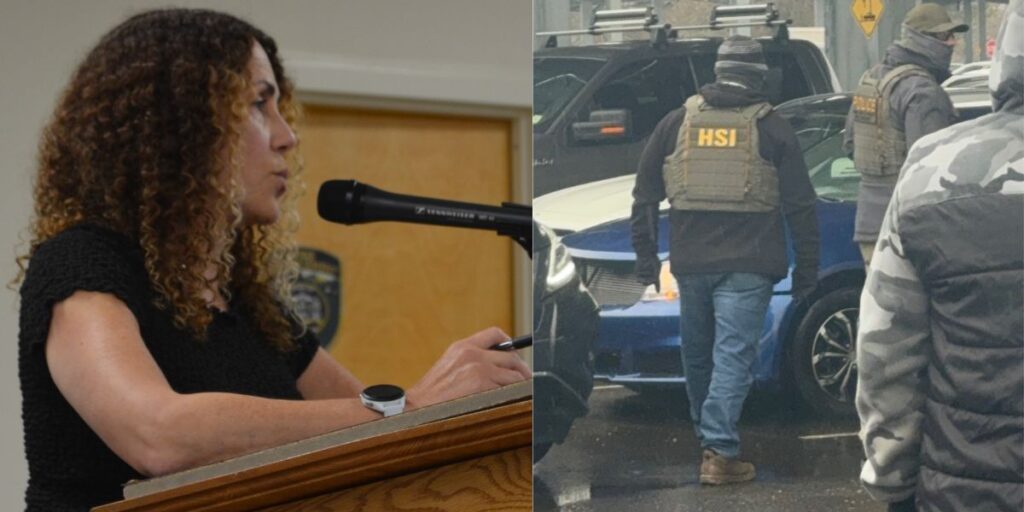OCM calls Riverhead’s dispensary moratorium ‘unreasonably impracticable,’ town pushes back

The state Office of Cannabis Management slapped down Riverhead’s proposed moratorium, zoning and positive municipal opinion requirement for new dispensaries as “unreasonably impracticable” — a ruling that town officials derided as non-binding overreach.
OCM’s advisory opinion, issued Oct. 6, stems from complaints by two dispensary licensees, Brian Stark Enterprises and Tink & E, Co., whose applications have been delayed or blocked by the town’s tighter rules.
The agency said Riverhead’s rules — such as doubling the required distance between dispensaries and schools or residential areas — exceed what state law allows under time, place and manner provisions.
Riverhead Town Attorney Erik Howard called the opinion “predicated entirely upon whatever was submitted by two commercial enterprises” and argued it oversteps the town’s authority to regulate land use.
“The notion that the Town cannot adopt a moratorium on cannabis uses is preposterous,” he said, pointing out that moratoriums have long been recognized as a valid municipal tool.
Lawyers for the licensees, however, welcomed the guidance.
“You can’t continue to play that game by using a tool meant for emergencies to block applications you don’t like,” said Andrew Schiever of Holland and Schiever LLP, representing Tink & E, Co.
Martha Reichert, attorney for Brian Stark, added that the moratorium was “dead in the water” because it had not yet been enacted before OCM’s decision.
The ruling comes as Riverhead has already faced legal challenges over its cannabis zoning. In July, Suffolk State Supreme Court Justice Paul Hensley struck down a 1,000-foot buffer requirement between dispensaries and schools, ruling it preempted by the state’s 500-foot standard. The town voted this week to appeal that decision.
OCM’s advisory opinion reiterates that while municipalities can regulate dispensaries’ time, place, and manner — covering hours, traffic control, odor and noise — they cannot impose restrictions that effectively block lawful operations.
Mr. Howard urged other municipalities to “wait for clarity” before adopting new cannabis regulations, citing ongoing legal and legislative uncertainties.
“I believe that the State Legislature will need to revisit the cannabis law and clarify the extent of the Cannabis Board’s authority and provide municipalities that ‘opted-in,’ essentially, under false pretenses, to opt-back out,” Mr. Howard said.









